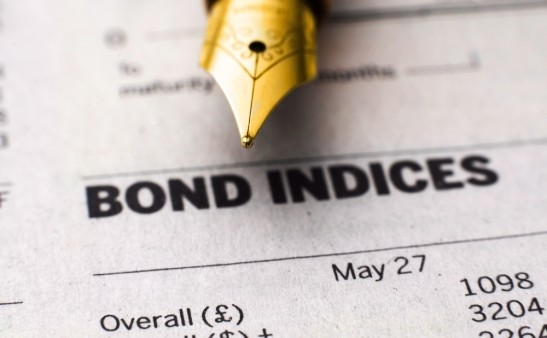Euro zone bond yields set for biggest weekly rise in weeks

Euro zone government bond yields were set to end the first trading week of the year with their biggest weekly rise in at least a month, pushed up by inflation worries and strong U.S. jobs data. U.S. employment increased less than expected in December but a rebound in wages pointed to sustained labour market momentum that sets up the economy for stronger growth and further interest rate increases from the Federal Reserve this year.
“Despite the miss in the headline-grabbing non-farm payroll number, the overall jobs report can be considered a strong one with the all-important average earnings jumping from a negative reading last month of -0.1 percent to 0.4 percent this month,” said GKFX analyst James Hughes.
As U.S. yields rose after the data, bond yields across the euro zone also moved higher, thrusting Portugal’s 10-year bond yield to an 11-month high of 4.10 percent. The start of 2017 has been dominated by investor worries that rising inflation could erode the value of bonds, pushing yields – which move in the opposite direction to prices – sharply higher.
The trigger for those concerns has been data suggesting that price pressures are increasing, a sharp contrast to a year ago when deflation risks loomed large. Data on Tuesday showing inflation in Germany, the euro zone’s biggest economy, touched its highest level in more than three years in December was followed on Wednesday by news that consumer prices in the bloc rose by 1.1 percent last month, nearly twice as fast as in November.
In addition, oil prices hit an 18-month high on Tuesday and were trading close to those levels on Friday.
“The flash estimates of inflation in December, especially in Germany, surprised to the upside,” said Chris Scicluna, head of economic research at Daiwa Capital Markets. “Even though the ECB’s policy is pre-determined until the end of the year, headline inflation will continue to rise, so the risks to yields are on the upside.”
The European Central Bank’s asset purchase programme runs through to the end of 2017.
Germany’s 10-year Bund yield, the benchmark in the single currency bloc, was at 0.30 percent, up 5 basis points on the day and 9.5 bps higher this week – the first weekly rise in a month. Many banks expect Bund yields to end the year around 0.8 percent.
French, Irish and Austrian 10-year bond yields were all set for their biggest weekly rise in almost two months. Euro zone bond yields are facing upward pressure from hefty supply as well, with at least four countries from the bloc expected to sell debt next week.



